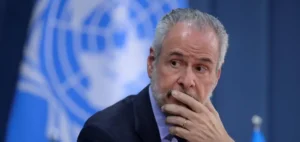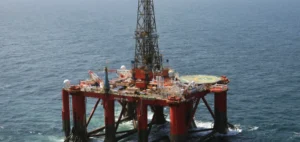The President of the European Council Charles Michel praised on Monday Algeria, one of the suppliers of gas to Europe, as a “reliable” energy partner, at a time when the old continent is plagued by an energy shortage caused by the Ukrainian crisis.
“We considered that in the international circumstances that we know, energy cooperation is obviously essential and we see in Algeria a reliable partner, loyal, committed to the field of this cooperation in energy, “said Michel after a meeting in Algiers with President Abdelmadjid Tebboune.
Europe is facing a looming gas shortage this winter after Russia’s Gazprom announced Friday that it would completely shut down the Nord Stream 1 pipeline.
Several countries, especially European, seeking to reduce their dependence on Russian supplies since the invasion of Ukraine have turned to Algeria.
Algeria, whose proven natural gas reserves amount to nearly 2,400 billion m3, supplies about 11% of the gas consumed in Europe, compared to 47% for Russia.
It is Africa’s largest exporter of natural gas and the 7th largest in the world. During a visit in late August to Algeria, French President Emmanuel Macron welcomed Algiers’ decision to help “diversify” gas supplies to Europe.
At an Algerian-Italian summit in mid-July, a large “production sharing” oil and gas contract between the Italian giant Eni, the American Occidental and the French Total, worth $4 billion, was announced.
In addition, Algiers had announced a new increase by the end of the year of its gas deliveries to Italy via the Transmed pipeline, of which it has become the first supplier before Russia, after the invasion of Ukraine.
Since the beginning of 2022, Algeria has supplied Italy with 13.9 billion cubic meters, exceeding by 113% the volumes previously planned.






















